Russian UN envoy criticizes Hague Tribunal
Russian Ambassador to the UN Vitaly Churkin has said that international tribunals were an important element in establishing justice.
Thursday, 11.04.2013.
15:38

NEW YORK Russian Ambassador to the UN Vitaly Churkin has said that international tribunals were an important element in establishing justice. Addressing a debate at the UN General Assembly, he at the same time strongly criticized the International Criminal Tribunal for the former Yugoslavia (ICTY, Hague Tribunal), stating that it had not contributed to reconciliation. Russian UN envoy criticizes Hague Tribunal Russia, as one of the founders of the Nuremberg court, has supported the mechanisms of international justice since the beginning, he underscored. Russia agrees that criminal courts and reconciliation have to go hand in hand, but it cannot accept the principle of retribution at all cost, Churkin stated during the public debate on international criminal tribunals and their role in reconciliation. Regardless of the difficulties, Russia believes that finding out facts and bringing culprits to justice can help normalization and reconciliation, but only if the trials are unbiased and free of politics, he pointed out. There are positive and negative examples concerning the work of ad hoc tribunals so far, and the ICTY is definitely a negative example, he noted. Churkin backed his argument by citing long trials, with some of the indictees dying before they were over, the unacceptably long incarceration of Vojislav Seselj and the recent processes that led to the release of Croatian general Ante Gotovina and Kosovo Liberation Army (KLA) commander Ramush Haradinaj - both accused of war crimes committed against Serbs. The ease with which the originally unanimous verdict against Gotovina and Mladen Markac was overturned with a vote of 3-2 is stunning, as the case that involved mass killings and deportation of Serbs had been investigated for years prior to the trial, said the Russian official. Russia doubts the decision was made on legal basis, he stated, stressing that cases like that do not satisfy justice because it was not determined who was to blame for the crimes. A similar thing happened with the Haradinaj case, where witnesses were intimidated and even killed in an atmosphere of impunity in Kosovo and in the presence of international forces, he pointed out. As in Gotovina's case, the killings and tortures were plain to see, but no one was pronounced guilty, he said, and added: "It is therefore a legitimate question whether such a court that focuses on creating a burden of guilt solely within one people and washing away the blame caused by criminals on the other side can help reconciliation in the Western Balkans." It is obvious it cannot, Churkin concluded, adding that things had gone so far that it seemed the ICTY was incapable of dealing with its own organizational and procedural crisis. The Security Council then has to take steps to lead the ICTY out of the dead end it is now in, he said. "Fortunately, today's international justice is not limited to the ICTY," the Russian diplomat remarked and expressed support for the International Criminal Court. Vitaly Churkin (Beta, file) "EU strongly supports international justice" EU Head of Delegation to the UN Thomas-Mayr Harting voiced strong support for international criminal justice, because it contributes to reconciliation and peacekeeping, at the same time rehabilitating the victims of mass crimes. Those who committed horrible crimes have to know they will be called to account, Harting said at a debate on the work of international criminal courts held at the UN headquarters in New York on Wednesday. Responsibility and full cooperation with the International Criminal Court are principles to which all EU member states are fully committed, Harting said. "We expect the same commitment from all those who want to join the EU family," he added. The head of the EU delegation said that the Security Council has enhanced the UN's role in international justice by establishing two ad hoc tribunals - for the former Yugoslavia and Rwanda - which have ensured significant progress in the development and implementation of international criminal jurisdiction and laws. "We honor their achievements and the fight against impunity," Harting stressed. He also said he supports the Security Council's call for cooperation with international criminal courts, adding that this would contribute to progress in the process of reconciliation. Tanjug
Russian UN envoy criticizes Hague Tribunal
Russia, as one of the founders of the Nuremberg court, has supported the mechanisms of international justice since the beginning, he underscored.Russia agrees that criminal courts and reconciliation have to go hand in hand, but it cannot accept the principle of retribution at all cost, Churkin stated during the public debate on international criminal tribunals and their role in reconciliation.
Regardless of the difficulties, Russia believes that finding out facts and bringing culprits to justice can help normalization and reconciliation, but only if the trials are unbiased and free of politics, he pointed out.
There are positive and negative examples concerning the work of ad hoc tribunals so far, and the ICTY is definitely a negative example, he noted.
Churkin backed his argument by citing long trials, with some of the indictees dying before they were over, the unacceptably long incarceration of Vojislav Seselj and the recent processes that led to the release of Croatian general Ante Gotovina and Kosovo Liberation Army (KLA) commander Ramush Haradinaj - both accused of war crimes committed against Serbs.
The ease with which the originally unanimous verdict against Gotovina and Mladen Markač was overturned with a vote of 3-2 is stunning, as the case that involved mass killings and deportation of Serbs had been investigated for years prior to the trial, said the Russian official.
Russia doubts the decision was made on legal basis, he stated, stressing that cases like that do not satisfy justice because it was not determined who was to blame for the crimes.
A similar thing happened with the Haradinaj case, where witnesses were intimidated and even killed in an atmosphere of impunity in Kosovo and in the presence of international forces, he pointed out.
As in Gotovina's case, the killings and tortures were plain to see, but no one was pronounced guilty, he said, and added:
"It is therefore a legitimate question whether such a court that focuses on creating a burden of guilt solely within one people and washing away the blame caused by criminals on the other side can help reconciliation in the Western Balkans."
It is obvious it cannot, Churkin concluded, adding that things had gone so far that it seemed the ICTY was incapable of dealing with its own organizational and procedural crisis.
The Security Council then has to take steps to lead the ICTY out of the dead end it is now in, he said.
"Fortunately, today's international justice is not limited to the ICTY," the Russian diplomat remarked and expressed support for the International Criminal Court.
"EU strongly supports international justice"
EU Head of Delegation to the UN Thomas-Mayr Harting voiced strong support for international criminal justice, because it contributes to reconciliation and peacekeeping, at the same time rehabilitating the victims of mass crimes.Those who committed horrible crimes have to know they will be called to account, Harting said at a debate on the work of international criminal courts held at the UN headquarters in New York on Wednesday.
Responsibility and full cooperation with the International Criminal Court are principles to which all EU member states are fully committed, Harting said.
"We expect the same commitment from all those who want to join the EU family," he added.
The head of the EU delegation said that the Security Council has enhanced the UN's role in international justice by establishing two ad hoc tribunals - for the former Yugoslavia and Rwanda - which have ensured significant progress in the development and implementation of international criminal jurisdiction and laws.
"We honor their achievements and the fight against impunity," Harting stressed.
He also said he supports the Security Council's call for cooperation with international criminal courts, adding that this would contribute to progress in the process of reconciliation.






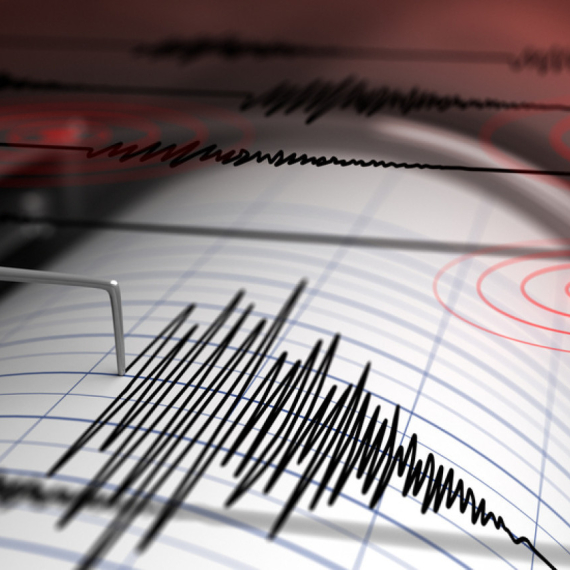



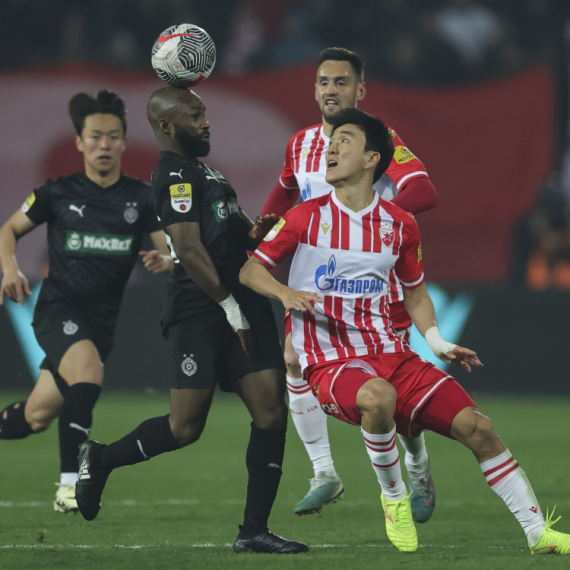
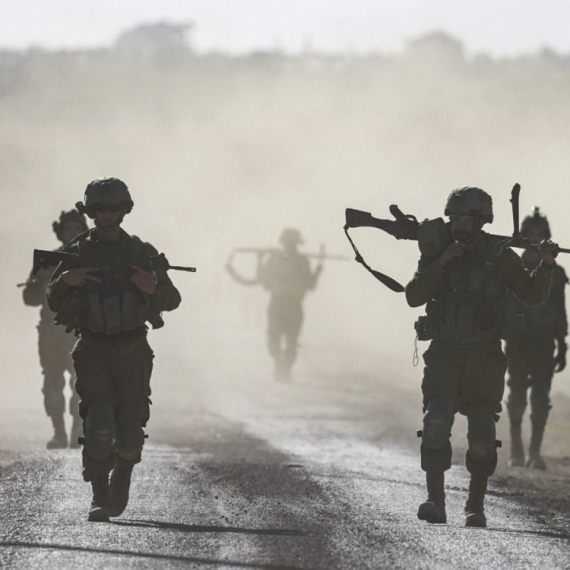

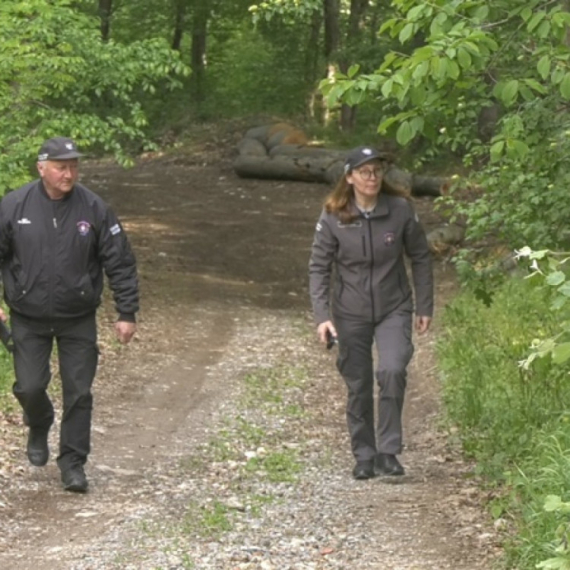
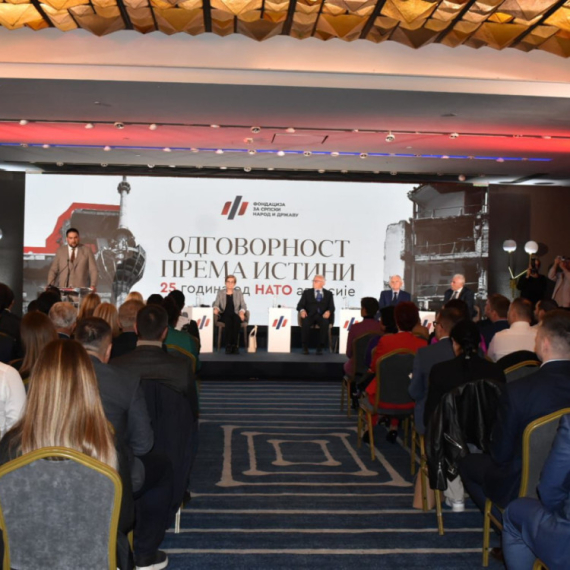

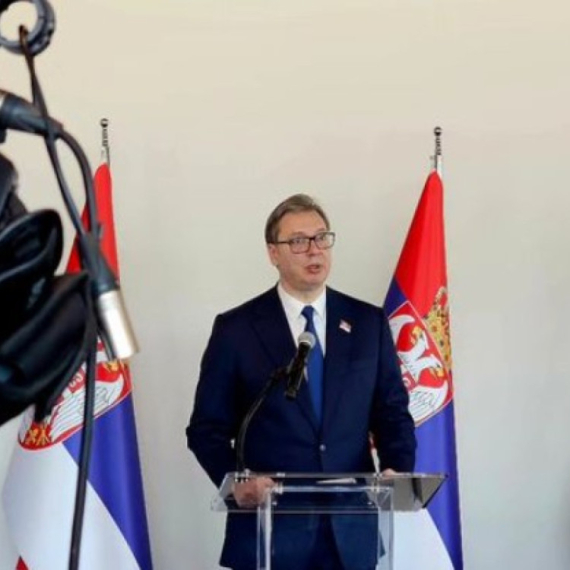

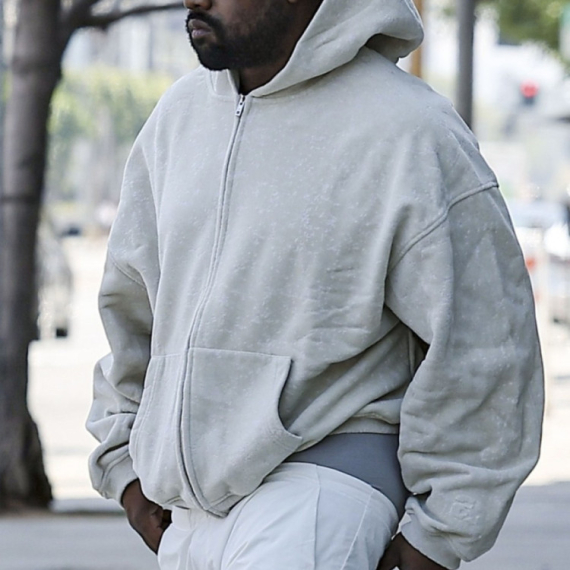


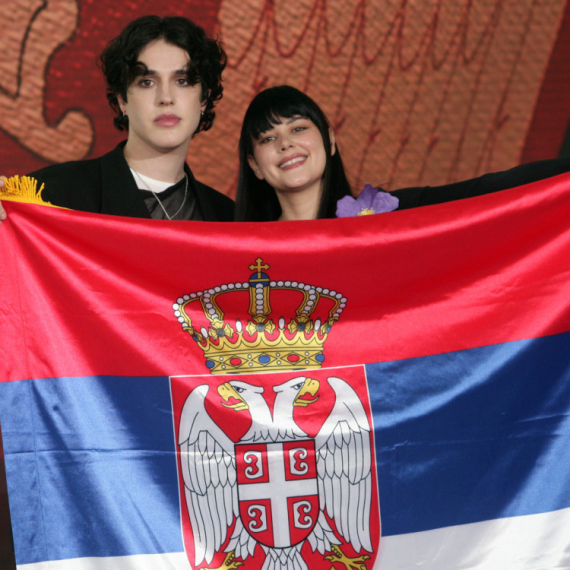






















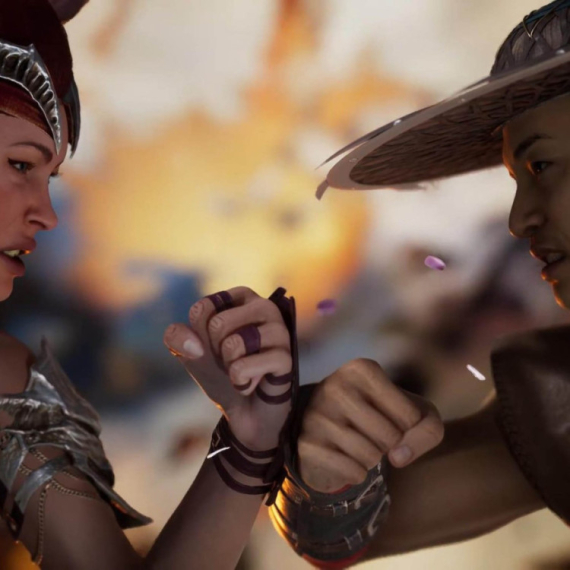








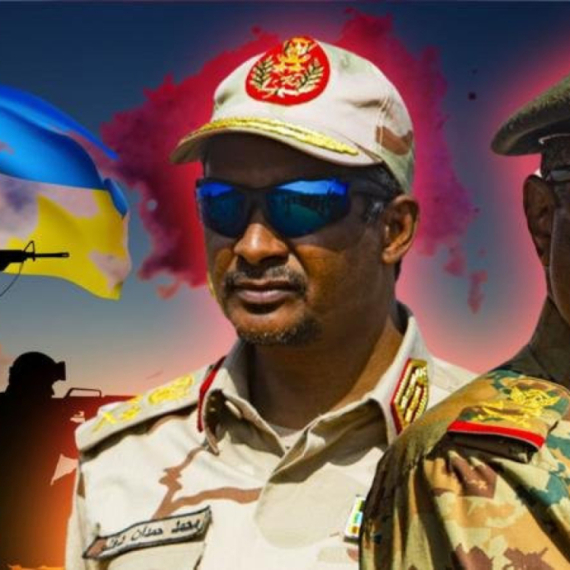
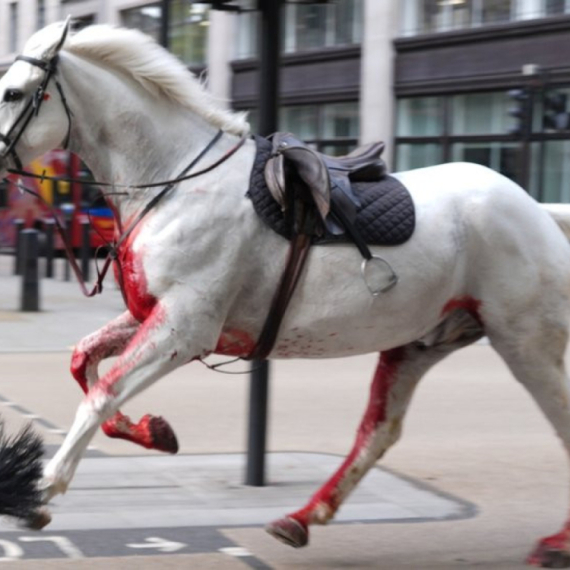
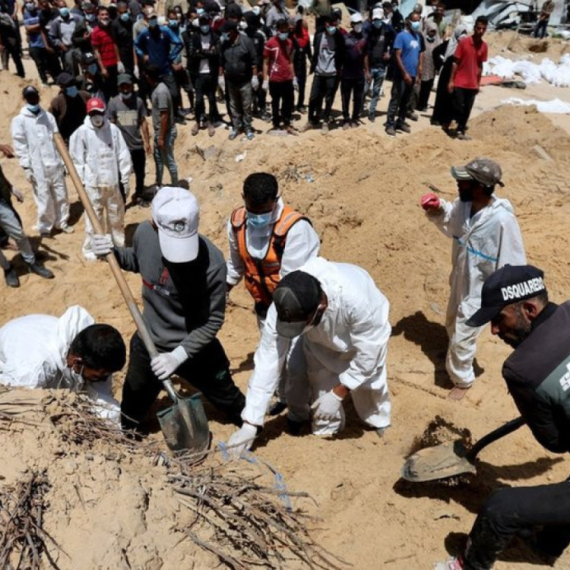

Komentari 6
Pogledaj komentare